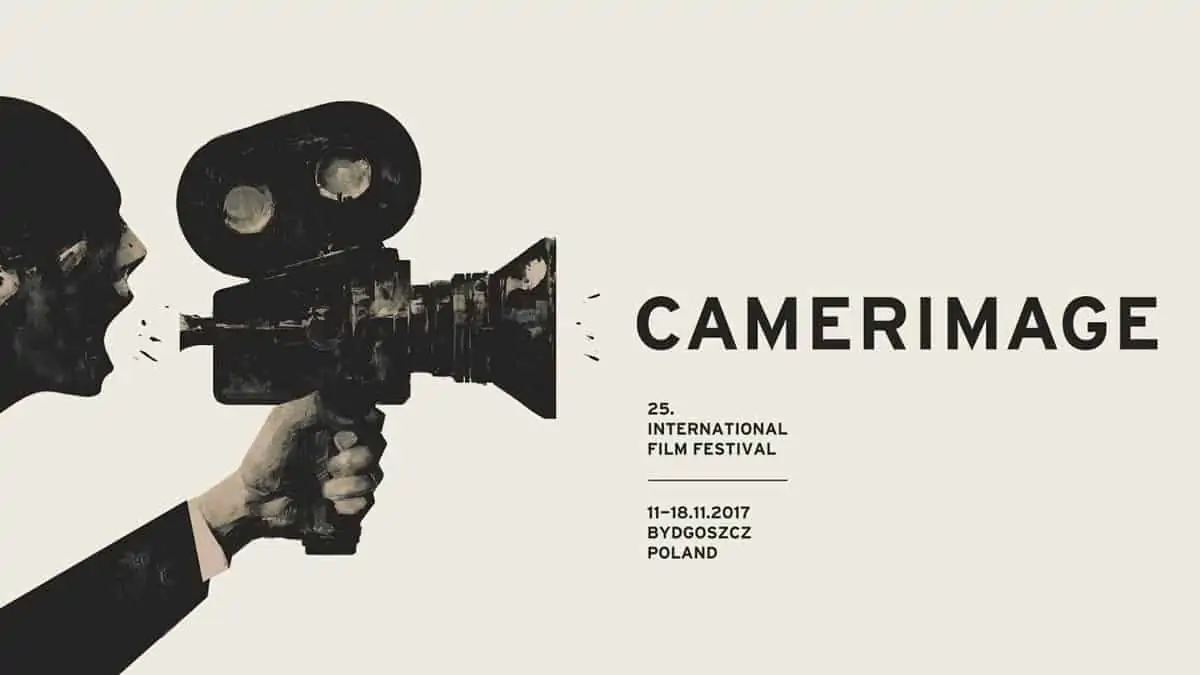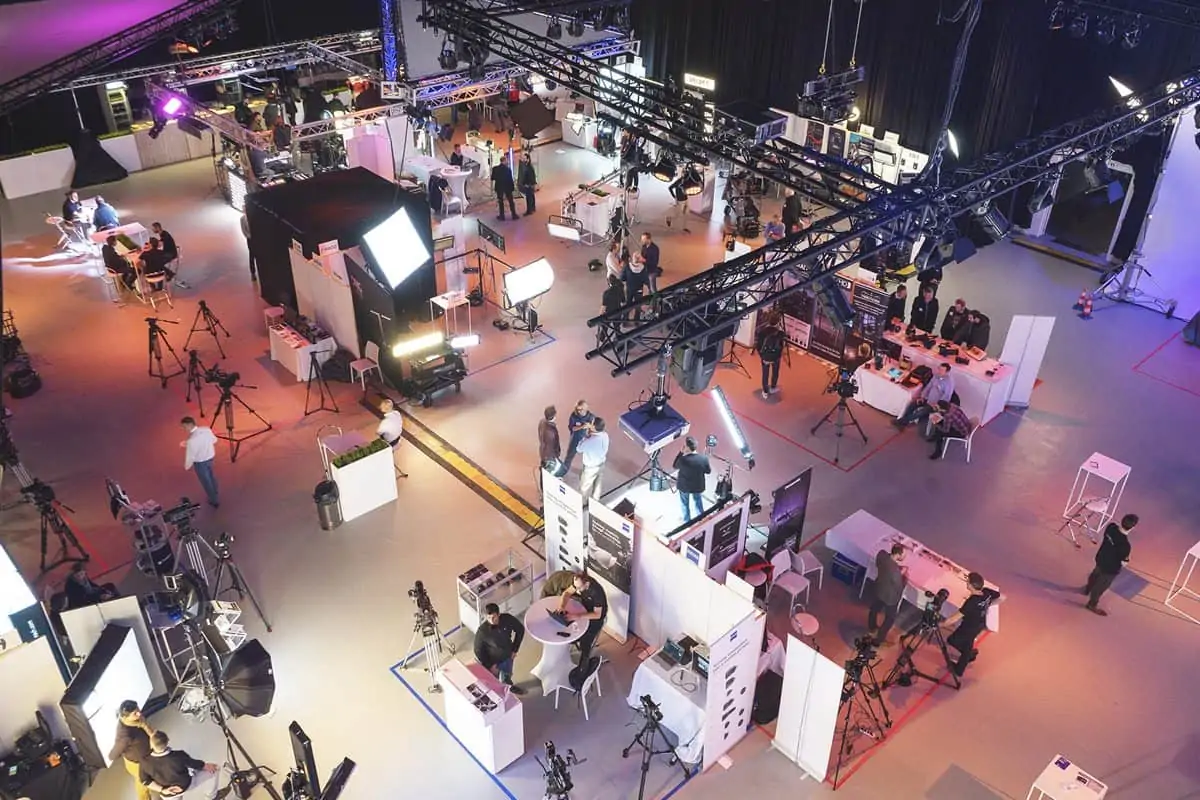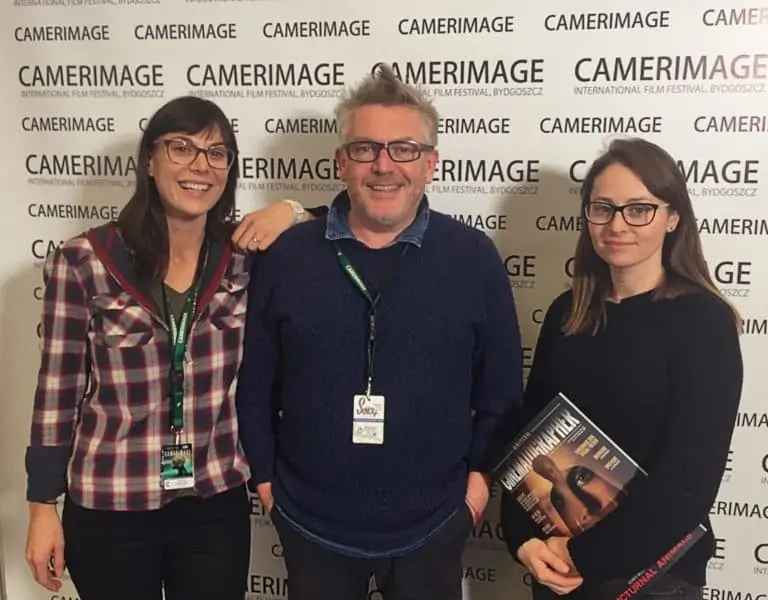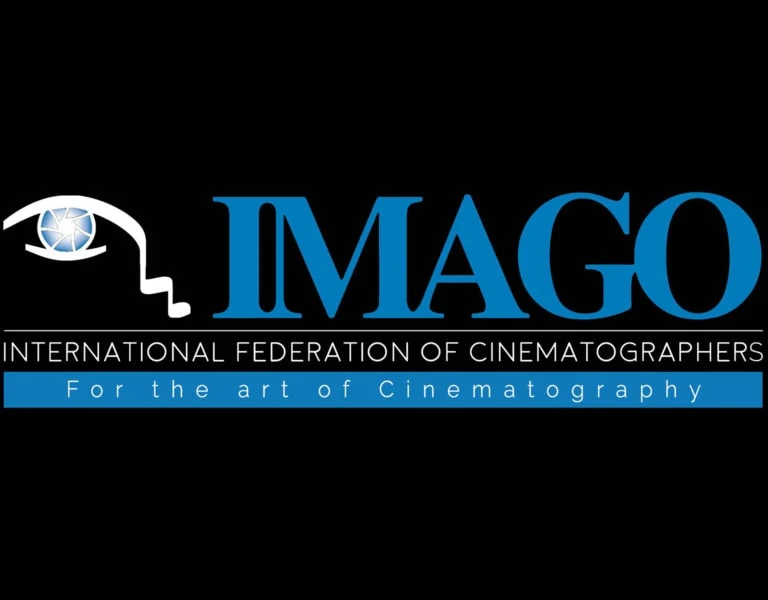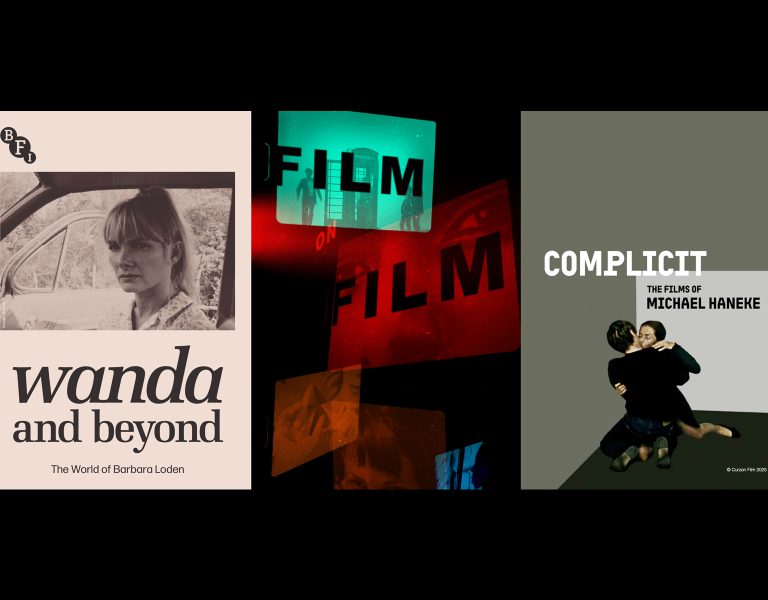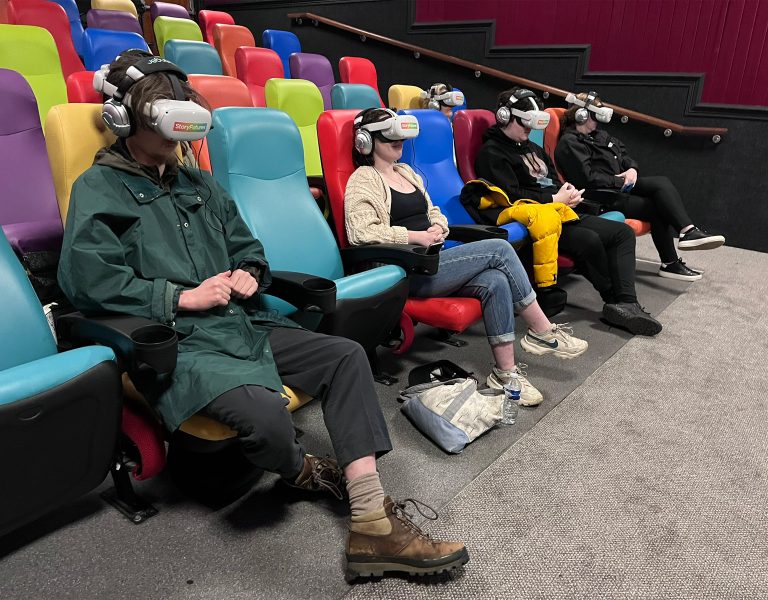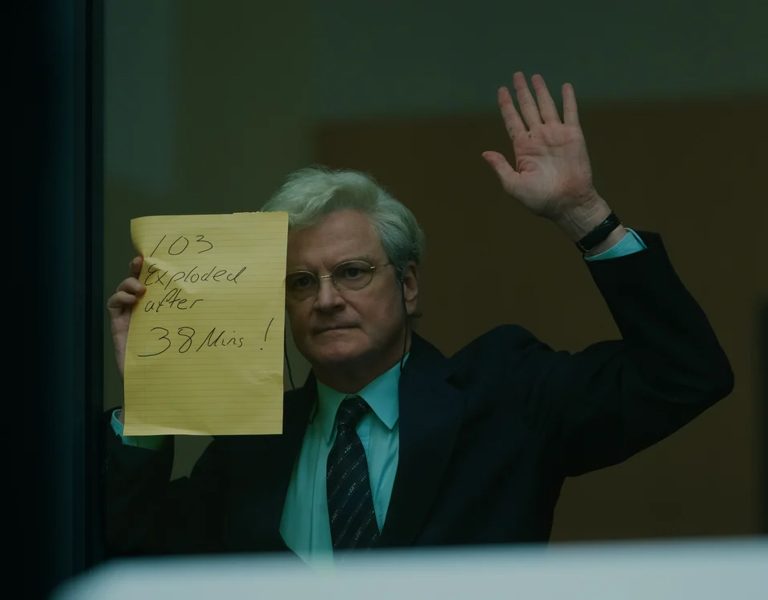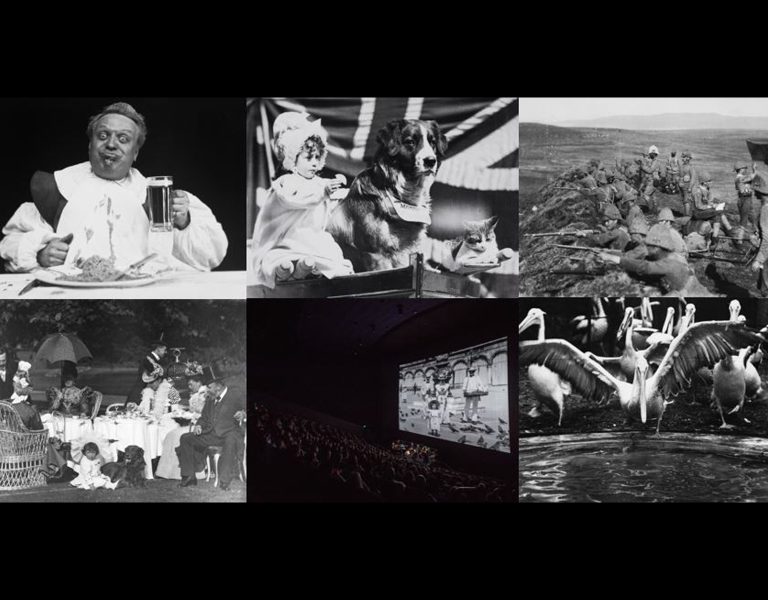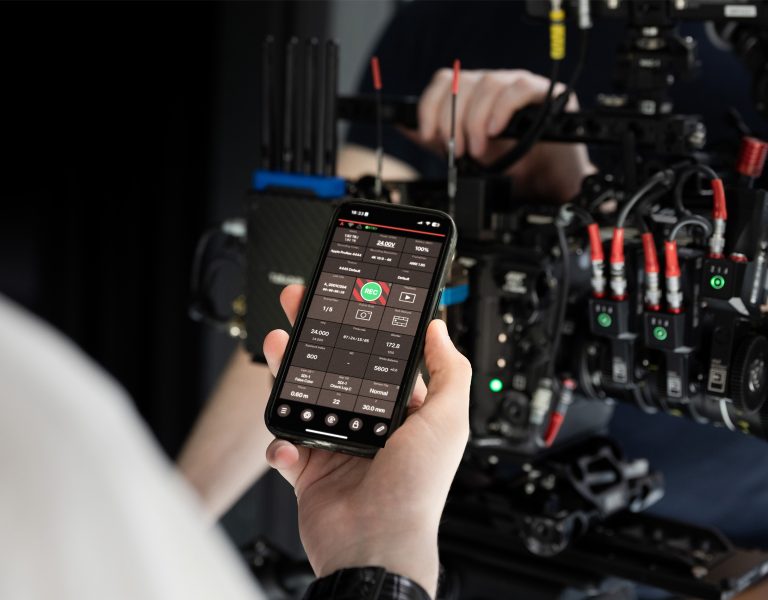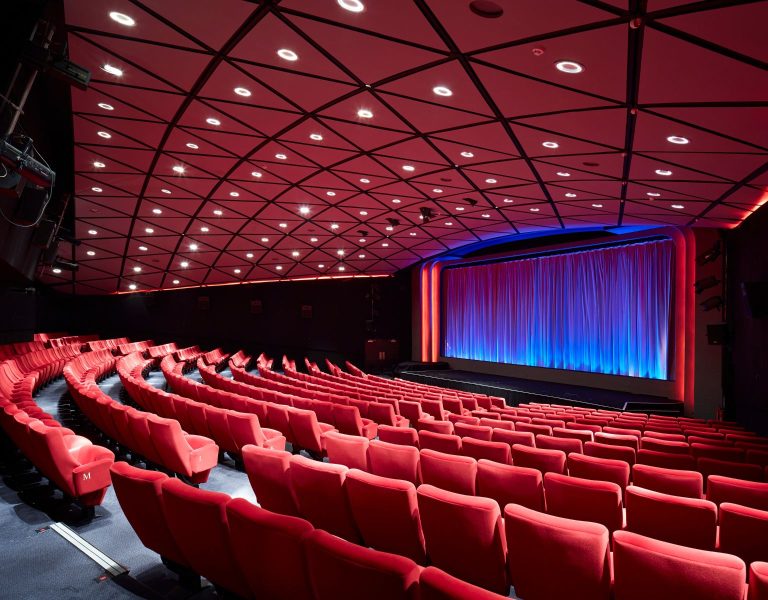Many IMAGO board members attended the ASC International Cinematographers Summit in Los Angeles at the beginning of June. With around 70 cinematographers from around the world participating, the summit discussed common challenges like the future for cinematographers in the digital age, archiving, ACES, frame rates, laser projection and much more. Representatives from more than 30 cinematographic societies participated, and international meetings like this are important. It gives cinematographers from around the world a valuable chance to meet, to exchange experiences, to learn from and to support each other. This is exactly the reason IMAGO was established in 1992, and we are grateful that the gathering international cinematographers now also have become a tradition of the ASC.
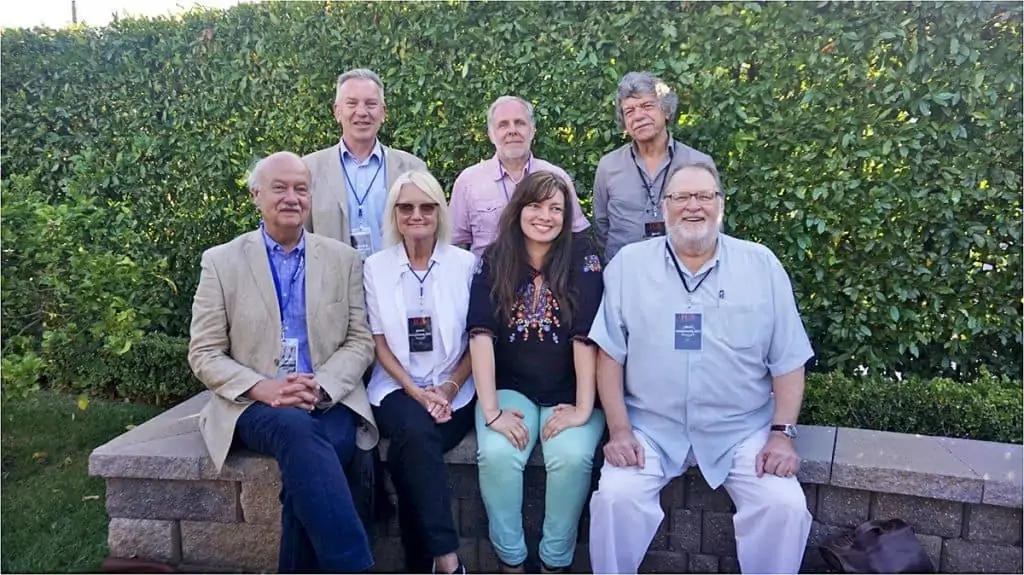
The future of Cinematography
The intense changes in cinematography, with Virtual Reality, shorter production periods, new cameras, more possibilities to shoot in existing light, all mean that cinematographers are under pressure. With the possibility to shoot in 4, 6 and 8K, cinematographers also often experience their shots being reframed in the edit, and the images are often coloured in Avid, even before the director is there. When we get to the DI, the directors are surprised when we say, “This is not our image”. Roberto Schaefer ASC AIC asked, “How do we get our control back?”
Ron Johansen ACS said, “At the end of the day we are artists. We must understand the technology, but must convey to our colleagues that we are artists, not merely a recorder of images.”
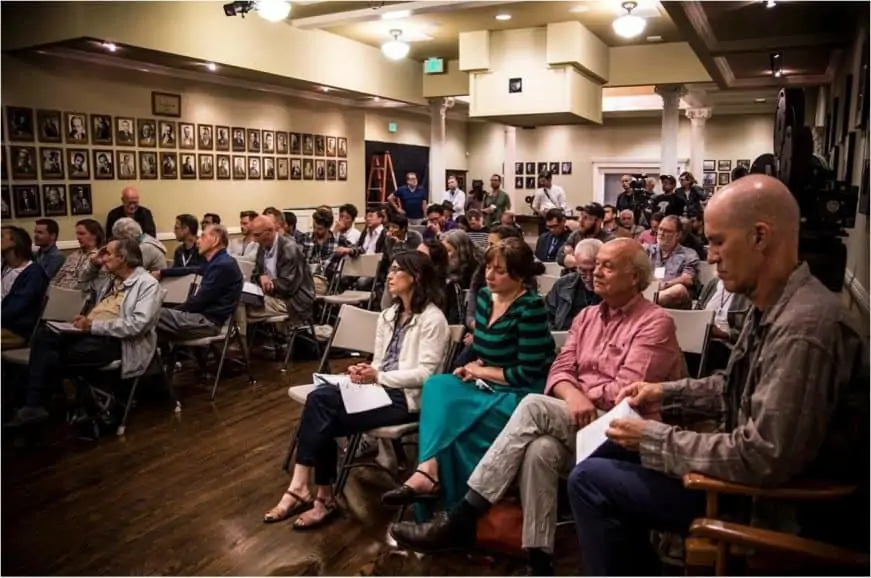
Who is the author of the images?
Cinematographers are the custodians of the image, it is our heritage and our responsibility, said Frederic Goodich ASC. But the discussion quickly turned to a discussion about authorship, and the view by many is that cinematographers are authors of the image, and should receive remuneration for the use of the images.
For many, the struggle is less about money, but more about getting the respect on sets that many feel have become chaotic.
During the summit, news came that Jost Vacano BVK ASC won a court case in Germany regarding fair remuneration for the film Das Boot (1981), directed by Wolfgang Petersen. Vacano developed a method to capture long-running sequences in a cramped submarine, which became a visual signature in this film.
The film grossed $85million worldwide, and Vacano was, after an eight-year long court case, awarded a settlement of €475.000 for his work. Vacano’s struggle, supported by the BVK, was on behalf of all German cinematographers, to focus on cinematographers rights as a visual artist.

Vittorio Storaro AIC ASC held a detailed talk about the situation of authorship for cinematographers, and the importance of fighting for this right. Many of the delegates present noted the importance of membership in IMAGO, where experiences and facts about authorship and other challenges for cinematographers can be shared and cooperated about.
In addition, the delegates of the 2016 summit had detailed seminars about the need for focus on gender equality in cinematography, ACES, the making of The Revenant with the team behind the camera, including award-winning DP Emmanuel Chivo Lubezki AMC ASC, visits, talks and demonstrations from those such as Panavision, Technicolor, AMPAS and more.
It proved a great summit for all present, and our warmest thanks go to the whole team at ASC, president Richard Crudo ASC, and to Frederic Goodich ASC, Kees Van Oostrum ASC, Michael Goi ASC, Patty Armacost and Delphine Figueras.

